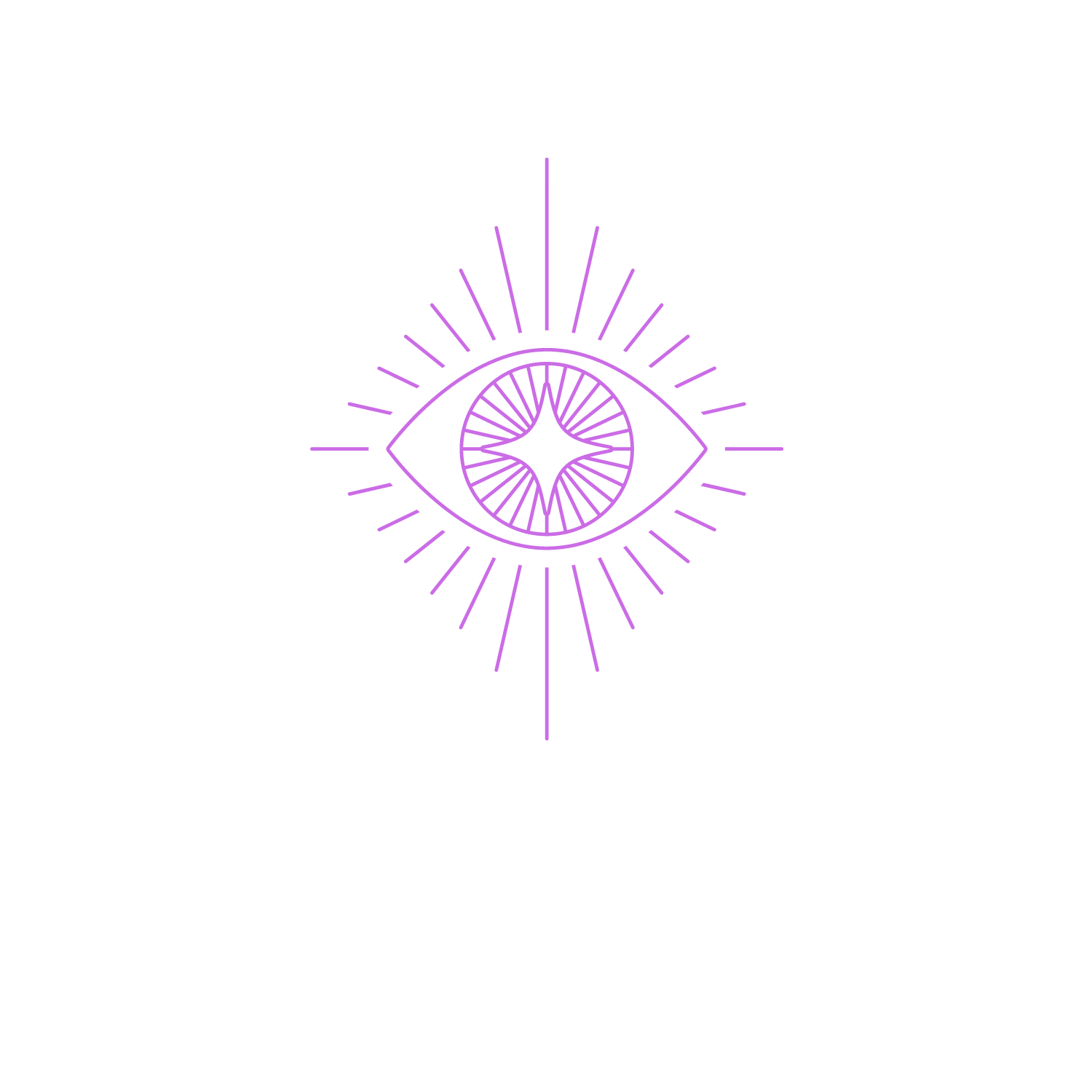My top tips to help you on your meditation journey!
In the West we sometimes have the mistaken view of meditation as a difficult practice fit only for mastermind Yogis and mega-mindful monks. We can use this as an excuse to not take 10 mins out of our hurried day to slow down , sit and just be present. But Meditation isn’t as difficult as you might think, in fact it’s pretty simple, and in this post I’ll give you tips to incorporate it into you everyday life..
SO FIRST, LET’S TAKE THIS WESTERNIZED VIEW OF MEDITATION AND TURN IT ON ITS HEAD.
When you think of meditation, what comes to mind? Probably something along the lines of “I really should be trying not to think right about now” ? Well what if I’m to tell you that the whole point of meditation is actually to allow and accept your thoughts – not stop them? Maybe you want to believe me but you don’t want to make the rookie error of taking time out your meditation to actually ponder about it! At present, you’re desperately trying to shut every slither of a thought from sauntering through the distracted chaos that is your mind, all the while trying to retain some sense of feeling in your slowly numbing bum, as your back muscles start to ache from sitting up in such an unnaturally straight posture. Your body is screaming, and so is your mind. But still you sit and listen out for some unobtainable solace of silence.
Stop.It’s not coming.And it’s not supposed to.
Misconception no 1: meditation isn’t really about cutting off the power supply to every wayward thought and emotion that flitters through your head. It’s not the gathering of empty darkness that will invite inner peace and clarity to swoop in. The point of meditation is actually to observe your thinking patterns to help you decipher the mismatch of incomprehensible twists and turns of the mechanical madness that comprises the maze of topsy turvy mayhem that is the holistic constitution of your mental faculty. What? Exactly.
That got you thinking again.
Now we’re getting somewhere ;)
When you send yourself off to a yoga and meditation retreat, like the retreats I hold in Sri Lanka, you might think you’ll return with yogic super powers that enable you to sit dead still for hours on end in full lotus, or at the very least, come away with the answer to every childhood hangup you’d ever experienced – maybe you will, but I guarantee, what you will come away with is far more valuable.
You return home with a deeper understanding of how you think. In other words – you come away with a deeper understanding of who you are. Which is actually the same thing.
As James Allen says in As a Man Thinketh:
“The outer conditions of a person’s life will always be found to be harmoniously related to his inner state…(wo)Men do not attract that which they want, but that which they are.”
Meditation doesn’t teach you to stop thinking – meditation teaches you to become a silent observer to your own thought patterns, which give rise to your emotions and, subsequently the actions and reactions that stem from this. Your humaness is the very essence which will bring you peace and fulfillment. The more you deny your thoughts and emotions, such basic of human instincts, the more you cut yourself off from who you actually are.
So rather than telling yourself that meditation is “too hard” and you just don’t have the time , here’s a few tips that can help you make it easy:
Tips to Help You Meditate
Practice mindfulness whenever you remember to. When you are eating, when you are driving, when you are brushing your teeth or closing a door. Just allow yourself to be aware of what you are doing. That’s all you have to do – think about what you are doing.
Sit in silence in nature for at least 10 minutes a day. Take a small smidgen of time out your daily schedule to remove yourself from stress and hurriedness to contemplate trees. Take off your shoes, run your finger along the roughness of bark, make friends with the insects, take a breath and relax.
Meditation doesn’t mean you have to sit for hours on end. Try standing, walking at different speeds or bringing mindfulness into seemingly mundane tasks like washing the dishes or cutting vegetables. Bring your full focus into what you are doing and turn your work into a form of meditation.
Focus on your breath. This is how Buddha reached enlightenment. By observing his in and out breath he was eventually able to completely disassociate his consciousness from this human instinct and so became an outside observer of his own body. Easier said than done, but give it a try.
When you feel an emotion arising, rather than reacting instinctively, pause and immediately take note of what you are thinking. What are the habitual thinking patterns that have caused this emotion to arise and is it really necessary to be allowing yourself to feel this way?
Self-observation is the first step to positive change. Incorporate these simple principles into your everyday living, and come join me on retreat, to deepen your practice!

